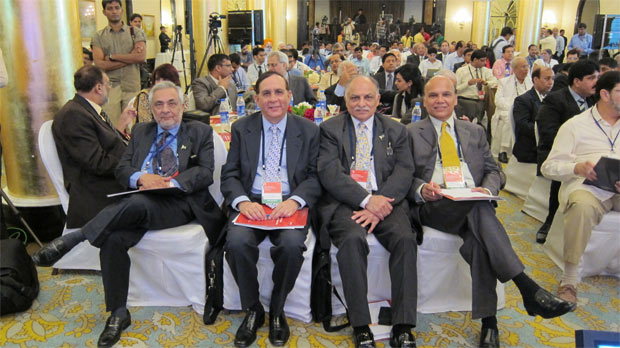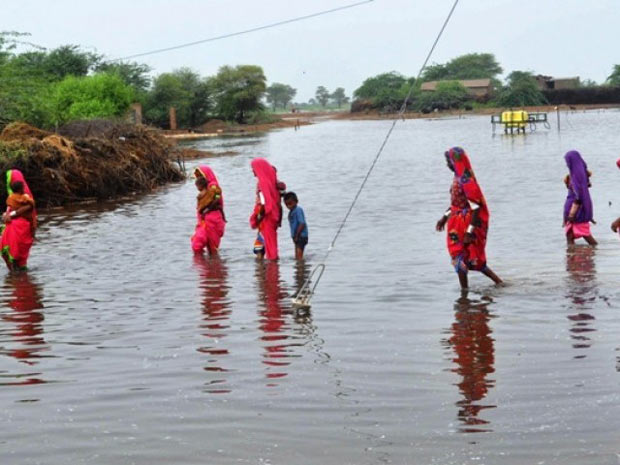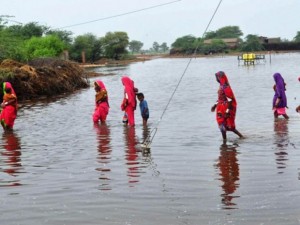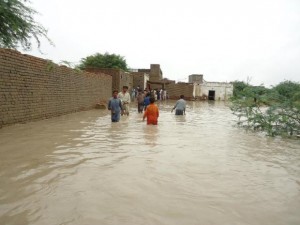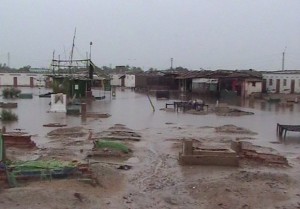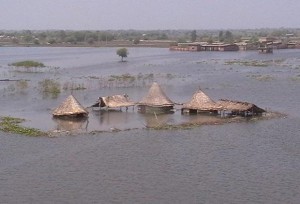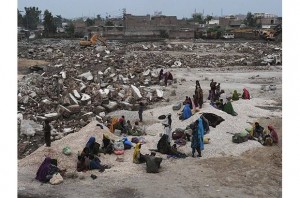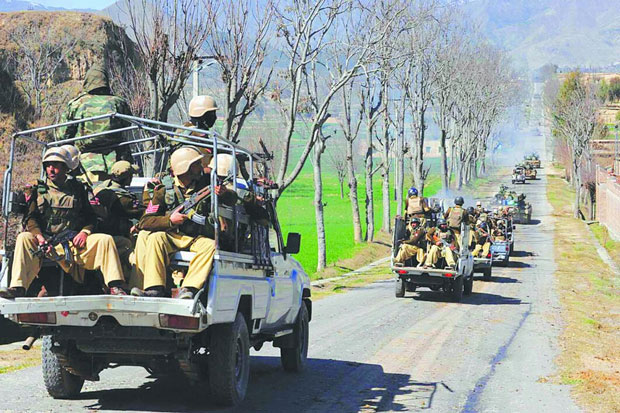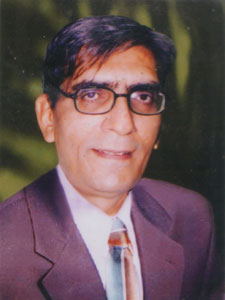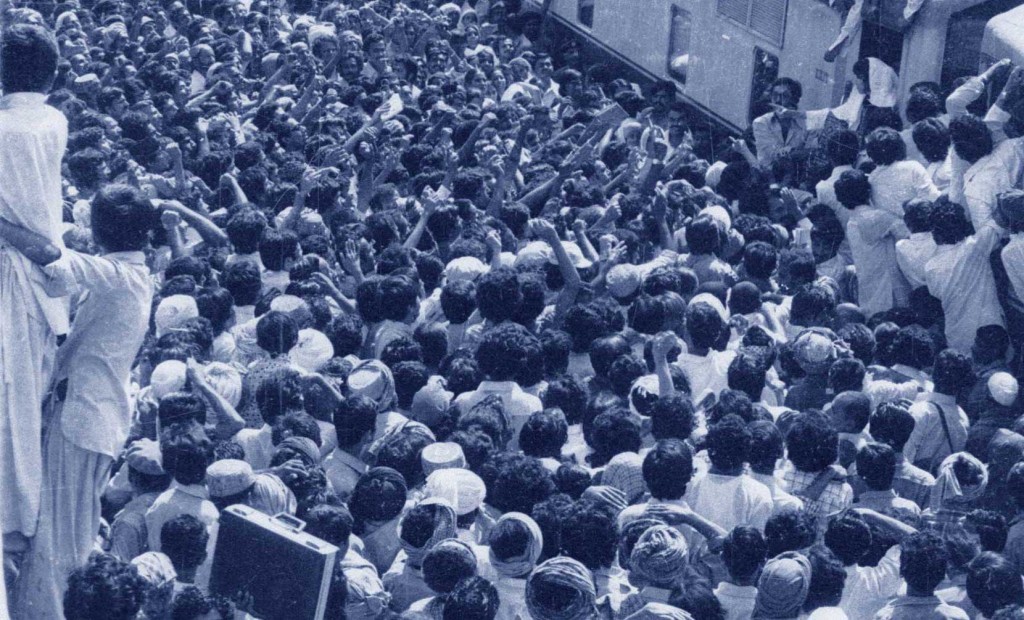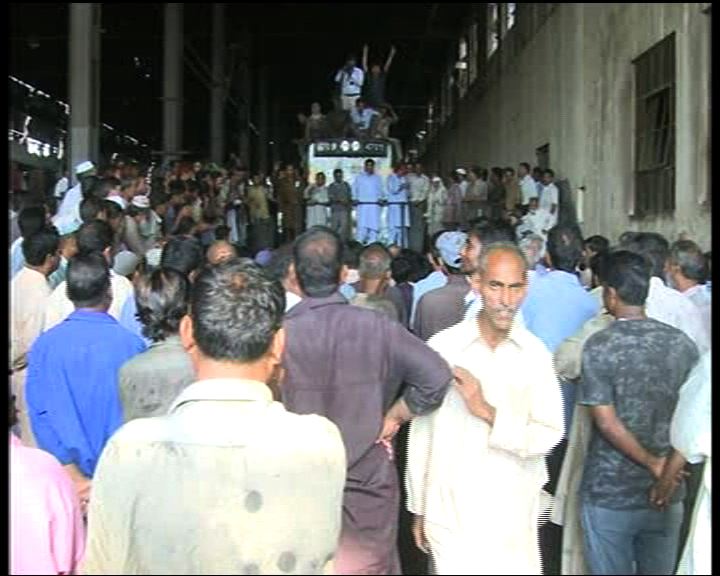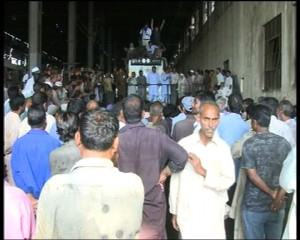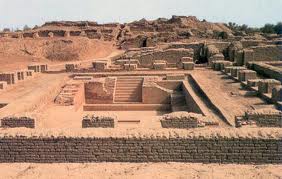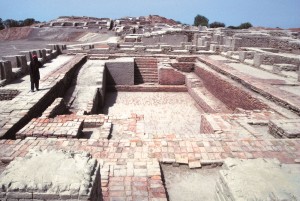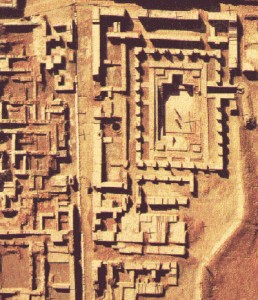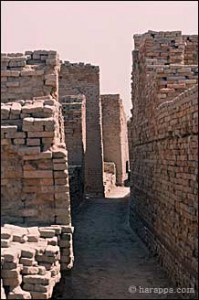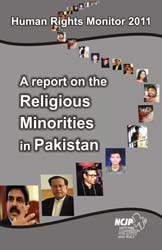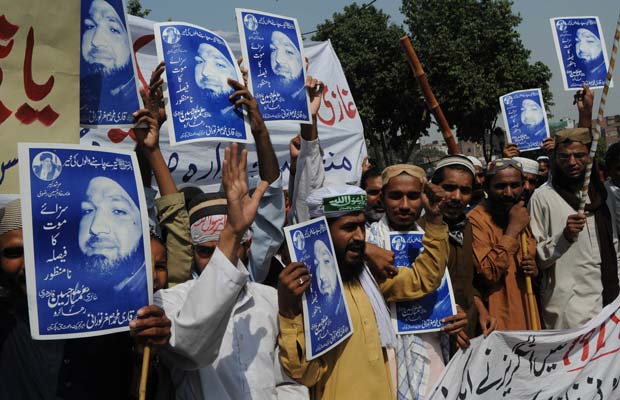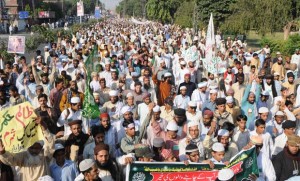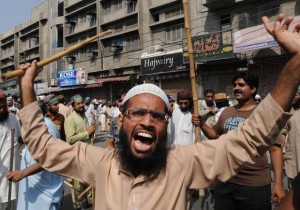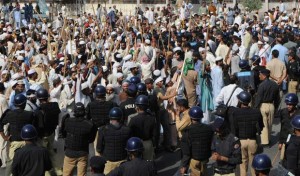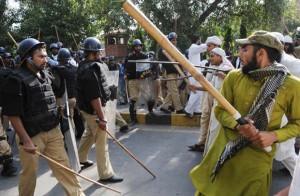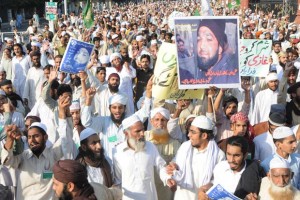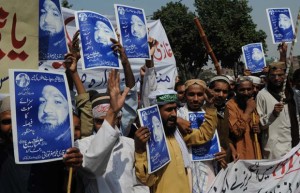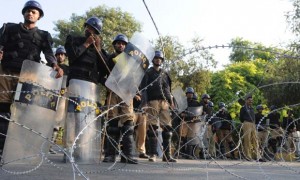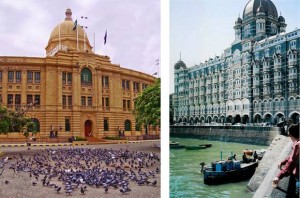
The recent trip made by a large 80 plus delegation of Pakistani businessmen and government officials led by Commerce Minister Makhdoom Amin Faheem to India, the Foreign Minister Hina Rabbani Khar’s visit to New Delhi to hold wide-ranging talks with her Indian counterpart, the upcoming second round of negotiations between the two Commerce Secretaries, and the unequivocal announcement by the Foreign Minister on the floor of the National Assembly, all combined to bring up for intense debate the issue of granting of Most Favored Nation status to India.
It should be noted that India unilaterally granted MFN to Pakistan over 15 years ago.
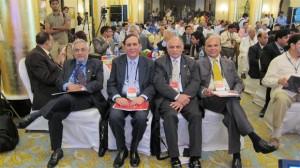
What is this sacrosanct clause that is really not being accepted nor understood by hawks and naysayers in Pakistan. The Most Favored Nation Clause stipulates that “with respect to custom duties and charges of any kind imposed on, or in connection with, importation or exportation, or imposed on the international transfer of payments for import or exports, and with respect to the method of levying such duties and charges, and with respect to all rules and formalities in connection with the importation and exportation, any advantage, favor, privilege or immunity granted by any contracting party to any product originating in, or destined for, any other country shall be accorded immediately and conditionally to the like product originating in, or destined for, the territories for all contracting parties.”
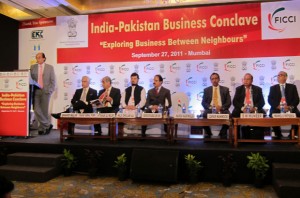
It may sound mumbo-jumbo or confusing to read this but all it says is equal treatment for all countries.
I was a member of the Pakistan delegation to India, and at the meeting with CEOs in Mumbai, I posed a direct question to them. I asked them what do the Indian CEOs want from Pakistan and one gentleman straightaway remarked “MFN”! The Pakistani delegation did not respond to this immediately but during the tea break, I nonchalantly mentioned to Ms Meera Sanyal, Country Head of Royal Bank of Scotland and the leader of the Indian side, that Pakistan has already accorded MFN to Indians decades ago.
I stated that over $ 2.50 to $ 3.00 billion worth of Indian goods make their way into Pakistan through undocumented sources.
It is safe to assume that there is a distinctive bias against Pakistani products in Indian officialdom. Moreover, the advantage of economies of scale that Indian manufacturers have due to a burgeoning and vibrant middle class assures them of a strong market and enables them to produce more at a comfortable price.
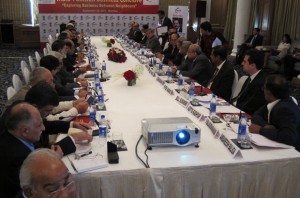
Of course, whenever Pakistani businessmen or even government officials attempt to promote trade concessions to India, the vocal anti-business elements loudly proclaim that it would seriously affect Pakistan’s avowed position on Kashmir and that all this talk about cordial and bilateral relations between the two SAARC nations is directly aimed at diluting the intensity of the Kashmir cause.
The anti-MFN lobby counter with the argument that since India has formidable engineering, computers, petrochemicals, and heavy metal industries, etc, it would be difficult for the Pakistani enterprises to compete on an equal footing.
The concept of two religions also is a motivating force for the anti-MFN lobby. They also refer to the concentrated campaign on Kashmir by the government, not only within the country but also among the Islamic nations. They state that on the one hand, the government is highlighting the Kashmir cause and on the other hand, there are no qualms about granting preferential trade privileges. They do not appreciate the idea of a negative trade balance as they feel that the Indian importers will not reciprocate in the same spirit.
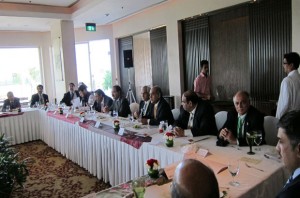
One must then also acknowledge that even though Pakistan does not recognize Taiwan, yet there is a beeline of Pakistani traders conducting business with Taiwanese businessmen. This is one solid case of doing business with those whom Pakistan’s “all-weather” friend does not recognize or accept. Here, trade took precedence over political compulsions. Then why not unshackle the Indo-Pak trade regime?
Pakistan must at all costs talk about regional peace, regional trade, and regional interaction. The country must take the lead to bring about an enabling environment to achieve these objectives. All efforts must be made to increase economic activities because deliverance only lies through massive industrialization and commercial activities.
The policy to club all polemical issues between Pakistan and India and demanding their resolution first has not worked but, in the process, has resulted in sacrificing profitable economic contacts and damaging the one chance to stimulate economic activity in the present recessionary scene.
Pakistani and Indian leadership must stop this ego-trip and blatant propaganda. The leaders must put the welfare of people paramount. Efforts such as Amn ki Asha are commendable initiatives. The political hierarchy must work for the prosperity of the region. Only through trade and industry could this roadmap be achieved. The destiny of millions depends on how the national leaders in India and Pakistan weave their decisions and actions.
The writer is the former president of Karachi Chamber of Commerce and Industry

